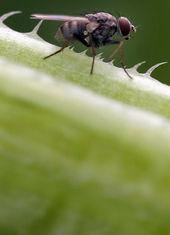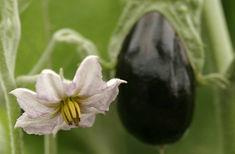

Growers in Andalusia have secured backing from the Spanish regional and central government to launch a new organisation dedicated to reducing pesticide residues.
The not-for-profit group, named Hortyfruta, will represent some 20,000 producers in the largest region for the production and export of fruit and vegetables in Europe.
The body is promoting integrated pest management (IPM) to growers in the region to slash, or even eliminate, the need for agrochemical pesticides.
The Spanish growers use natural enemies of pests that are native to their region, and suited to the particular fruit and vegetables they are growing.
The Andalusian regional government is investing
€300 million (£229m) in the initiative, and is offering financial incentives to encourage the uptake of what it has dubbed “clean farming” throughout the region. This came after Andalusian growers approached the government, challenging it to increase adoption of IPM.
Maria José Pardo, general manager of Hortyfruta, said: “Hortyfruta hopes that it can act as a model of IPM, using biological controls that growers elsewhere will be interested in and inspired by, and that IPM could be another farming method for growers to consider.
“Hortyfruta is an example of best practice in growers working together to make sustainable farming a reality, and in raising awareness to the government, consumers and retailers alike of the health and environment benefits of IPM.”
The biological control methods result in better and more consistent quality, as well as higher yields, according to Andalusian growers.
Early indications following a Hortyfruta trial in October have shown rapid adoption of “clean farming” amongst members, with 90 per cent of all capsicum grown last year produced using biological pest control.



